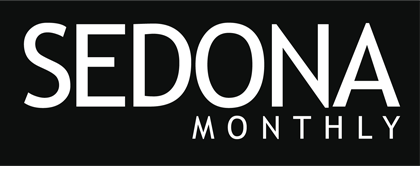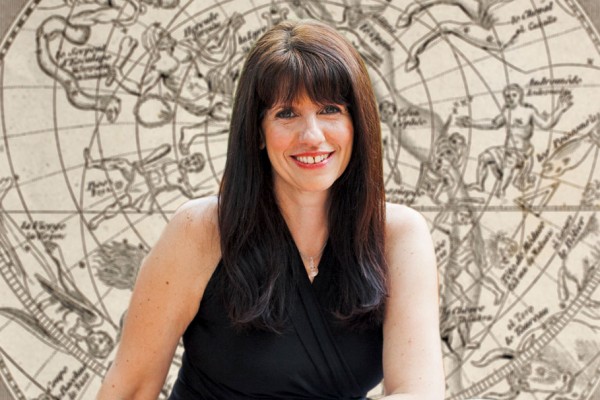Continued (page 7 of 14)
How did you get into producing?
Michael was – is – a journalist, and I was a graphic designer. We worked together on his newspaper called The Flint Voice in our hometown of Flint. Fast forward to the advent of the home video camera. We started to fool around with it – we both loved the movies. At a certain point, he said he wanted to make a movie, but you don’t really process that. Also at that time, we were seeing films that excited us. Sherman’s March. She’s Gotta Have It. During the year Roger and Me was released, Sex, Lies and Videotape came out. There was a surge of independent films, and I think it was because there was a familiarity with the video camera. But we didn’t know how to make a movie, and I was just doing what you do without knowing I was producing. There was no real definition of roles. After Roger and Me, I segued into working in costume design, which was a lifelong dream. It was like a production job. And when we started our TV show, TV Nation, Michael said he thought I should produce it. I was really distressed. I pretty much fell apart. There was no way I could produce a television show – it was an insane idea. But a friend of ours also thought it was a good idea. So I did it and won the Emmy award. I think I just took all the skills that I had – that a lot of women have – and I was able to pull it off.
The topic of female documentary filmmakers is interesting. It seems like it has been a male dominated field for years, but the tides are turning. Is that correct? Do you notice women gravitating toward documentaries with specific themes?
There are three women I worked with at the beginning of TV Nation who have gone on to make phenomenal films. Those are just women who I have known. The themes are all across the board, just like it is for men. But they are a conduit for the voice of women – they might explain war or Hurricane Katrina from a woman’s perspective. It’s refreshing.
You sit on the Academy of Motion Picture Arts and Sciences committee for documentaries. In large part because of you and Michaels’ films, documentaries have become more mainstream in the last 20 years. Would you agree? What is causing that shift?
People talk about journalism being objective, but it isn’t. Everybody has their own point of view that they bring to the story. It’s about storytelling. I think documentaries have blossomed because there is an allowable point of view, a storytelling perspective that has been welcomed. It doesn’t matter who’s making it, but there is a perspective that it comes from. That’s taken the academic lens off and made documentaries more palatable. If you have an opinion, especially in our films, that’s represented. But you might get three-quarters of the way into our films, and realize what you thought was the answer isn’t. We don’t go down one clear path. We’re on a mission, and you have to be because you don’t know what you’re going to get.
Are you excited by the documentaries being made today?
Yes. Documentaries don’t get talked about as they are being made. They kind of just emerge without a lot of lead time. You go to a film festival, read the program and in one paragraph, you decide to see a documentary. That one little paragraph sells that documentary. Ultimately, it’s up to word of mouth.
What are you currently working on?
We are not making a film right now. Our last film was Capitalism: A Love Story. The conclusion of that film was that Michael couldn’t keep making the films – he needed the movie going public’s help. Interestingly enough, at this moment, we are experiencing a real life version of what Capitalism is about, which is the Occupy movement. Right now, like the rest of America, we are happy, curious and excited about the possibility of change. We are observing real life rather than making a film about it. But there’s more to come.



